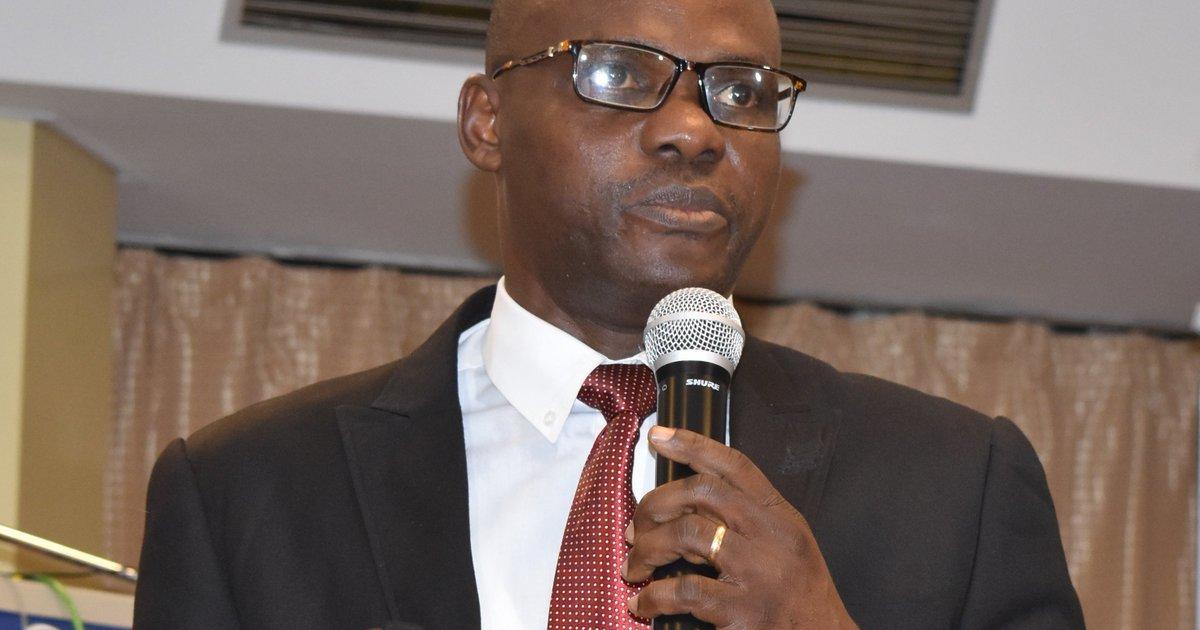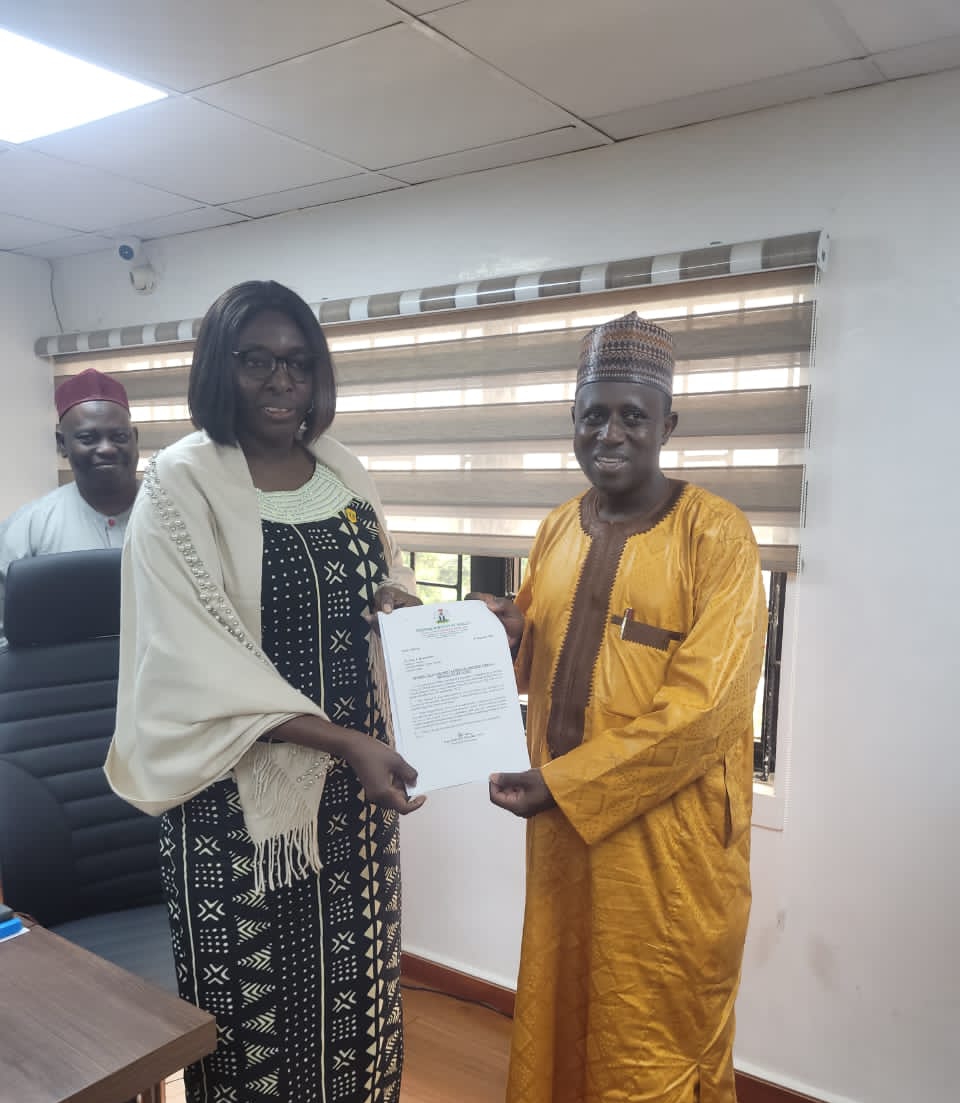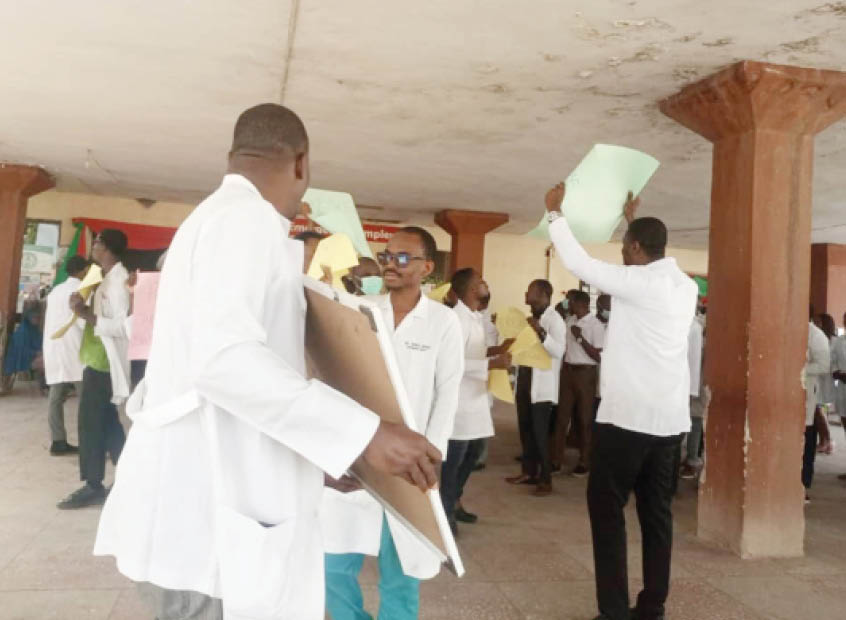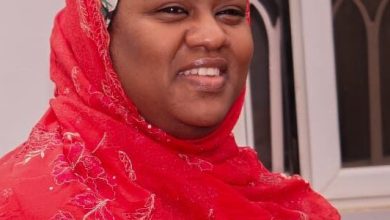
Médecins Sans Frontières (MSF) reports a dramatic surge in the number of severely malnourished children admitted to its inpatient facilities in northern Nigeria, with some locations experiencing more than double the admissions compared to last year. This spike signals an early onset of the lean season, traditionally expected in July, and a significant rise in acute malnutrition.

Dr. Simba Tirima, MSF’s Country Representative in Nigeria, highlighted the dire conditions: “We are resorting to treating patients on mattresses on the floor because our facilities are full. Children are dying. If immediate action is not taken, more lives hang in the balance. Everyone needs to step in to save lives and allow the children of northern Nigeria to grow free from malnutrition and its disastrous long-term, if not fatal, consequences.”
According to the the Field Communication Manager of the MSF, Georg Gassauer, the humanitarian organization urges an immediate and substantial increase in aid. MSF calls on Nigerian authorities, international organizations, and donors to diagnose and treat malnourished children to prevent further complications and deaths. Long-term initiatives to address the root causes of malnutrition are also necessary.
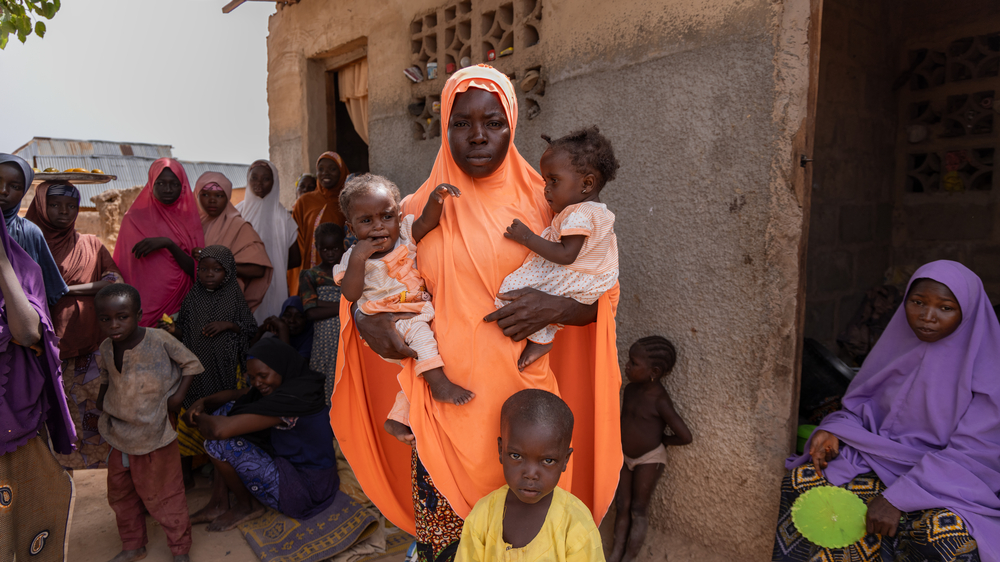
Dr. Tirima stressed the urgency: “We’ve been warning about the worsening malnutrition crisis for the last two years. 2022 and 2023 were already critical, but an even grimmer picture is unfolding in 2024. We can’t keep repeating these catastrophic scenarios year after year. What will it take to make everyone take notice and act?”
In Maiduguri, northeast Nigeria, MSF admitted 1,250 severely malnourished children with complications in April 2024, doubling the admissions from April 2023. The therapeutic feeding centre, initially designed to handle 200 patients for the peak season in July and August, accommodated 350 by the end of May.
In Bauchi state’s Kafin Madaki hospital, there was a 188% increase in admissions of severely malnourished children in the first three months of 2024 compared to the same period in 2023. Northwestern states like Zamfara also saw significant increases: Shinkafi and Zurmi inpatient centres reported up to 30% more admissions from March to April, while Talata Mafara saw a 20% rise. Major cities such as Kano and Sokoto reported surges of 75% and 100%, respectively, and Kebbi state documented over a 20% increase.
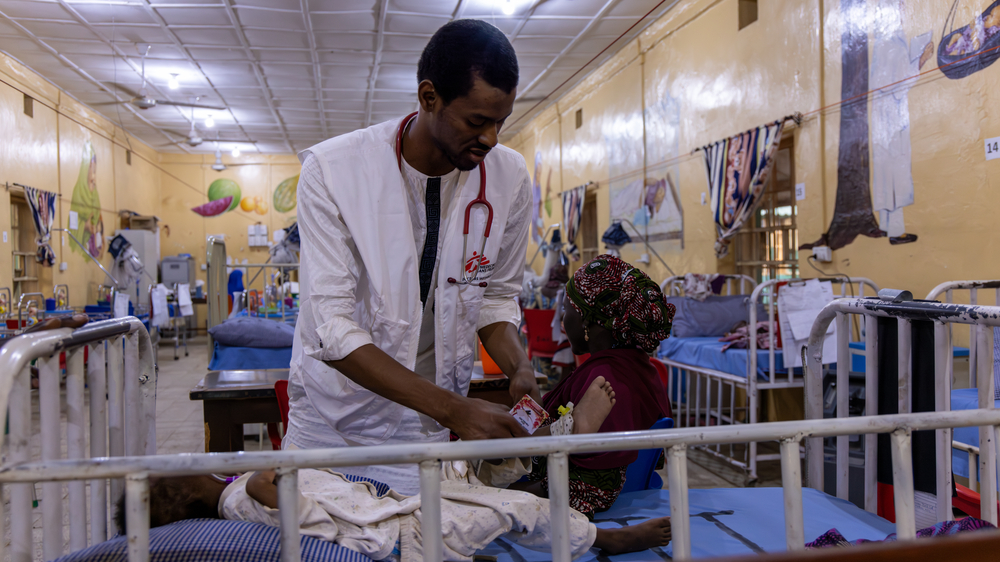
Despite the severity of the situation, the overall humanitarian response remains inadequate. Non-profit organizations in the region are overwhelmed. Although the United Nations and Nigerian authorities issued an urgent appeal in May for $306.4 million to address nutritional needs in Borno, Adamawa, and Yobe states, this does not cover the extensive needs in other northern regions.
Dr. Tirima expressed concern over the insufficient aid: “We are alarmed by the reduction in aid at these critical times. Reducing nutritional support to only severely malnourished children is akin to waiting for a child to become gravely ill before providing care. We urge donors and authorities to increase support urgently for both curative and preventive approaches, ensuring that all malnourished children receive the care they desperately need.”



